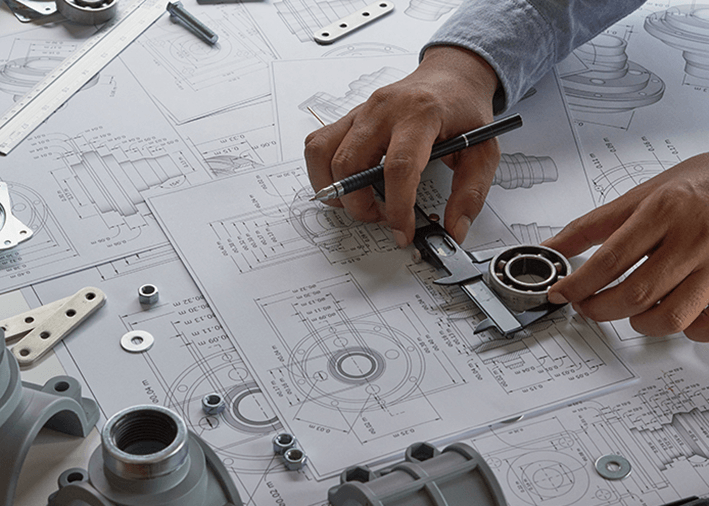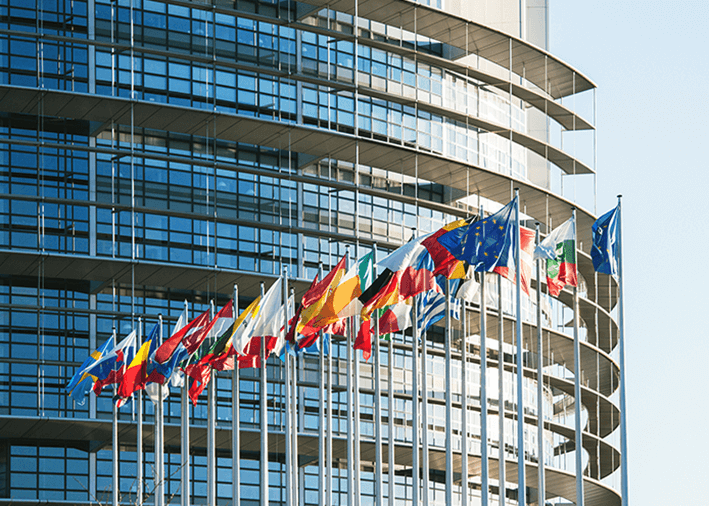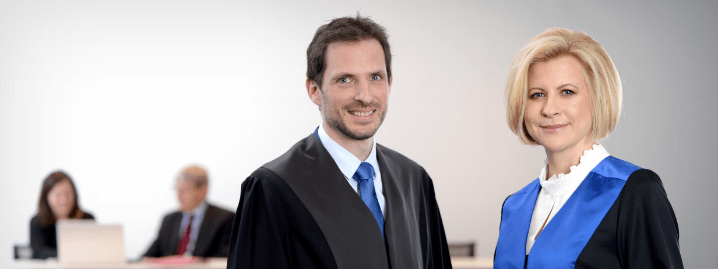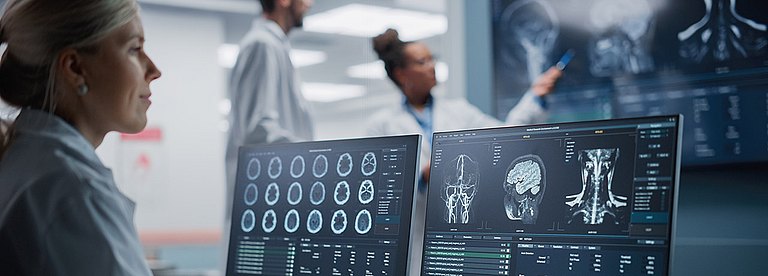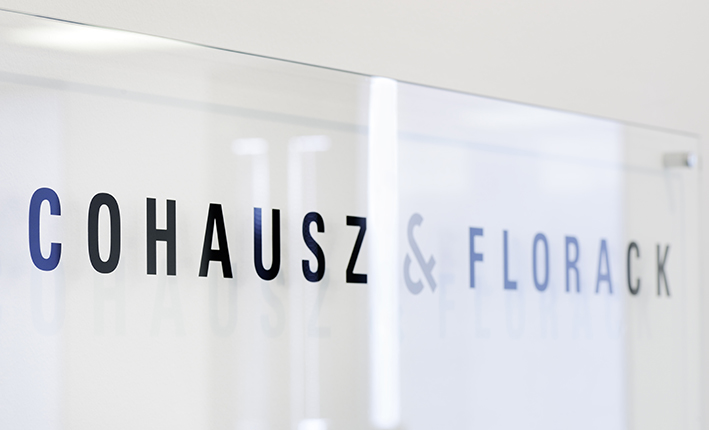The patent – The IP right and prohibitive right for your technical inventions
Know-how, technical developments, and commercially successful ideas are the most precious assets of any company. Those who have invested financial and other resources want to secure the exclusive use of these and protect their innovative products and processes from imitation. It is precisely this protection of technical inventions that patents are for.
As IP rights and prohibitive rights, patents secure a geographically restricted monopoly for patent holders with the option of licensing for a period of up to 20 years.
We will support you in all matters related to the granting of patents and patent protection, in particular in the fields of physics and materials technology, mechanical engineering, medical technology, chemistry, pharmaceuticals, life sciences, electrical engineering, IT, and communications technology. All patent attorneys at COHAUSZ & FLORACK are engineers, physicists, electrical engineers, or chemists, for example, and therefore boast profound technical knowledge combined with first-rate patent law expertise.
If a patent is granted following the examination procedure required for the granting of a patent, it is usually protected for up to 20 years after the application. In order to maintain a patent, however, the annual fees, which are continuously increasing, must be paid when due. To ensure that you do not inadvertently lose your IP rights and entail serious economic consequences, our Tax Department carries out careful monitoring to make sure that all payments to the relevant offices are made on time and in full.
Many valuable ideas are developed by a company’s own employees in the course of day-to-day work. If a company registers such an idea as a patent, the employee is entitled to compensation under the Employee Invention Act (Arbeitnehmererfindergesetz – ArbnErfG). We would be happy to advise you on how to develop a system of company incentives to promote innovation. If there is ever a dispute between you and an employee over this compensation, we will support you both before the Arbitration Board under the Employee Inventions Act at the German Patent and Trademark Office (DPMA) and in court proceedings.
Key issues for senior life sciences executives
What rights holders need to know about patent-term extensions in Europe
EPO Enlarged Board of Appeal to clarify the legal basis for the interpretation of patent claims
More clarity in assessing patentability
Decision of the FCJ on legal costs in nullity proceedings in the event of an immediate acknowledgment
Judgment X ZR 59/21 - Anzeigemonitor


